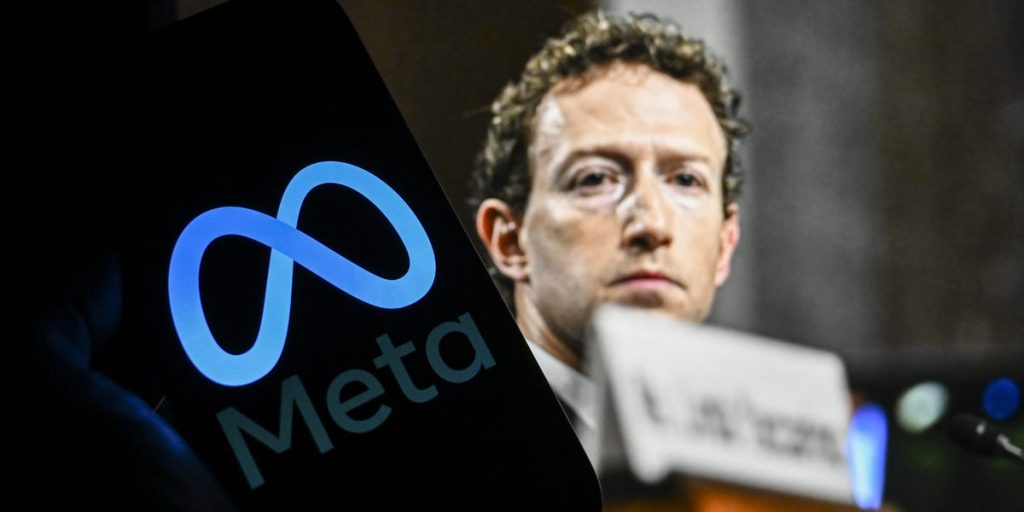Mark Zuckerberg has one less problem to worry about.
A federal judge dealt a blow to the Federal Trade Commission on Tuesday, ruling against the agency in a blockbuster antitrust lawsuit against Meta.
US District Judge James Boasberg ruled that the FTC failed to prove Meta formed a monopoly through its purchases of Instagram and WhatsApp.
The ruling means that Meta will not be forced to divest from the two social media apps, as FTC lawyers had requested.
“The Court ultimately concludes that the agency has not carried its burden: Meta holds no monopoly in the relevant market,” Boasberg wrote. “Judgment must therefore be entered in its favor.”
The FTC’s lawsuit, filed in 2020, alleged Meta’s ownership of Instagram, WhatsApp, and Facebook meant the company illegally dominated the “personal social networking services” market — a subset of social media apps that allow users to share content with friends and family. Government lawyers argued the company’s $1 billion acquisition of Instagram in 2012 and $19 billion purchase of WhatsApp in 2014 were part of Meta’s “buy or bury” strategy to maintain market dominance.
Meta maintained that the market was too ill-defined and that the company faces intense competition from apps like TikTok and YouTube.
Boasberg agreed with Meta.
“The Court’s two Opinions on motions to dismiss did not even mention the word ‘TikTok,'” Boasberg wrote. “Today, that app holds center stage as Meta’s fiercest rival.”
Boasberg pointed to a 2021 Meta outage, India’s TikTok ban, and a half-day TikTok shutdown in the US just before a potential nationwide ban in January as real-world tests showing users moving easily among TikTok, Instagram, Facebook, and YouTube. That behavior, he wrote, undercut the FTC’s core argument that Meta operates in a distinct “personal social networking” market.
“Whether or not Meta enjoyed monopoly power in the past, though, the agency must show that it continues to hold such power now,” he wrote. “The Court’s verdict today determines that the FTC has not done so.”
The FTC’s case first began at the end of President Donald Trump’s first term and forged ahead under former President Joe Biden.
The landmark antitrust trial, held this Spring, saw hours of testimony from Zuckerberg. While on the stand in the Washington, DC federal courtroom, he said Facebook had greatly evolved since he launched the platform more than 20 years ago and that its main purpose wasn’t really to connect with friends anymore.
“The Court’s decision today recognizes that Meta faces fierce competition,” a Meta spokesperson said following the ruling. “Our products are beneficial for people and businesses and exemplify American innovation and economic growth.”

